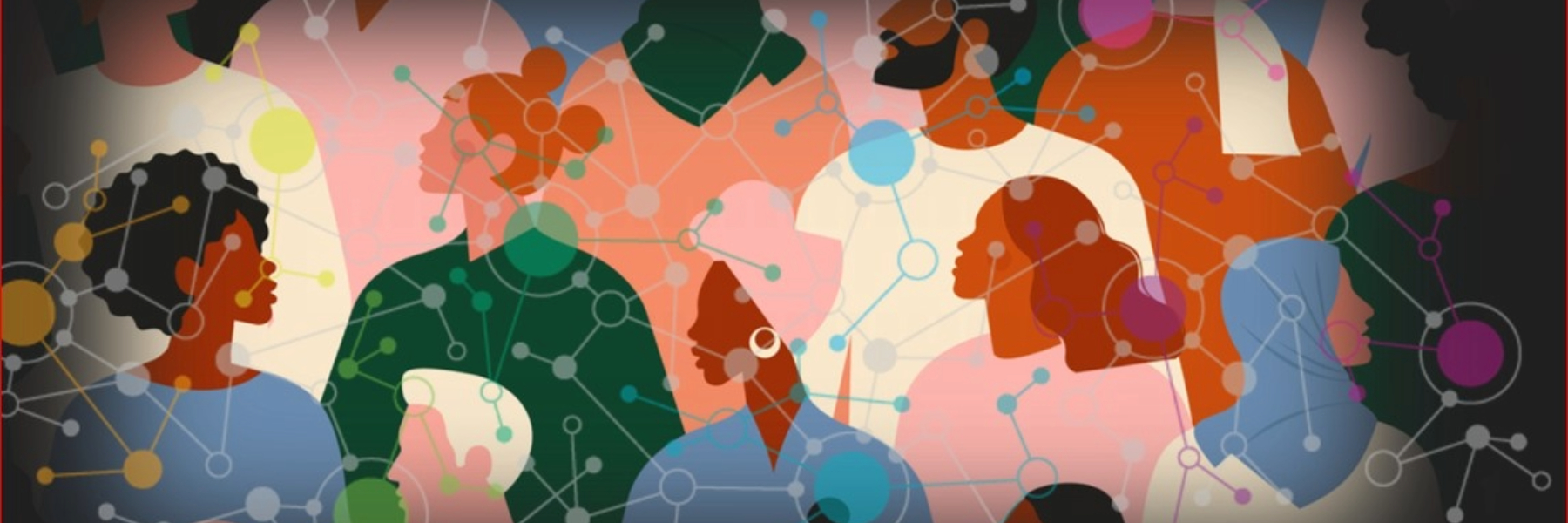In a bid to spearhead socially conscious artificial intelligence (AI) initiatives, the Centre for AI & Society (CAIS) aims to bridge the gap between technological advancements and societal needs.
“CAIS is one of the founding organized research units of Connected Minds, which unites research on neuroscience, AI and technology to foster a healthy and just society,” says Professor James Elder, the York Research Chair in Human and Computer Vision, who co-heads CAIS. “It is particularly important in generating novel and beneficial technologies that will improve quality of life in Canada and elsewhere, but also in understanding how these disruptive technologies can best be integrated into society in order to minimize risk and maximize benefit for all.”
The centre combines various disciplines, including behavioural and neuroscience studies, computational modelling, statistical analysis and computer vision design. The objective is to not only advance fundamental perception science and AI but also hold implications for urban mobility, social robotics and sports analytics.
The origins of CAIS sprung from York University’s strategic vision, outlined in its 2018–2023 Strategic Research Plan, which identified AI integration into society as a crucial area for development. To make that happen, Elder collaborated with Osgoode Hall Law School Professor Pina D’Agostino to form and lead a task force to evaluate York’s AI landscape and chart a course for future research development.
Their findings, published in the report “Fostering the Future of Artificial Intelligence,” laid the groundwork for CAIS, which officially launched in July 2022, uniting faculty members from diverse backgrounds and Faculties.
Guided by Elder and D’Agostino, CAIS’s mission extends beyond academic discourse. The centre aims to foster a sense of community among researchers engaged in AI and society studies while promoting dialogue through lectures and conferences on critical issues such as technology and democracy, and disability considerations in AI. Most recently, it co-organized the latest iteration of the Bracing for Impact conference, in addition to the latest entry of its monthly CAIS talk series.
Looking ahead, CAIS recently announced its inaugural advisory board and intends to expand its seminar series while hosting additional conferences, and involving more trainees, including graduate students and postdoctoral fellows.
These efforts and more align with York University’s broader institutional goals under the interdisciplinary, $318.4-million Connected Minds initiative, which is currently investigating how emerging technologies, such as AI, are impacting and transforming society.
As AI continues to evolve at a rapid pace, CAIS remains committed to driving innovation while ensuring responsible AI deployment. By fostering collaboration, dialogue and cutting-edge research, the centre aims to shape a future where AI serves as a force for positive societal change.
Adds Elder, “Our systems approach places emphasis on how AI technologies operate when embedded in real-world contexts, interacting with humans and other technologies. Our research focuses on AI systems that address societal priorities in health care, smart cities and sustainability, and that are fair, explainable, reliable and trusted.”


